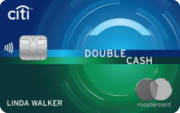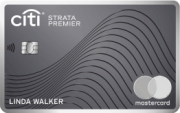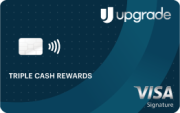The content is accurate at the time of publication and is subject to change.

The number one complaint to the Federal Trade Commission is concerning identity theft. In New York City, the police recently unlocked an international credit card fraud ring of over 100 skimmers who stole over a million dollars. It`s clear that identity theft is a growing problem, and more consumers complain about it more than anything else.
Some people may think that there are being paranoid about keeping their passwords private and protecting their financial data at all costs, but they are not, they are actually on the right track, research shows. In fact, all consumers should be more conscious about their security information when it comes to their credit card. A few simple ways to do so are to require passwords to mobile devices and laptops. For most people if their Blackberry of iPhone gets stolen, the thieves have access to a lot of personal information - passwords included. But if you keep your phone or laptop password protected, it can keep your information more secure. But make sure you keep your password a secret, in fact, only let your spouse in on that information. If too many people know your password, it`s as good as not having a password. When you make a password, also make sure it`s a strong one. Ron Bowes an online security expert found that during a massive hacking attack that a startling amount of online consumers use simple passwords such as "123456" and "password."
In addition to giving out your password, giving out other personal information on social networking websites like MySpace, Facebook and Twitter can lead a thieve to your credit card information. Many social networking sites ask for your birthday, location, and other personal information. If a thieve gets a hold of your credit card information and then proceeds to look you up online, the information you provided on your social networking page may have aided the thief in unlocking your credit card security parameters. For example, many credit cards ask for your zip code as a security question when paying for fast gas at the pump, if you have GPS location on your Facebook, a criminal can find out the area you live and simply Google the zip code and unlock the code to your credit card.
Get added protection by signing up for your banks fraud and other security protection measures. For example, Bank of America and other banks send out a text message for notable account changes. Also, if you partake in mobile finance, look up some apps that can help keep your credit card information secure.





